Evolution of the Godzilla Movie Franchise and Soundtracks

Discover the Evolution of the Godzilla Movie Franchise and Soundtracks
Welcome to Audio Exchange, your ultimate destination for Godzilla vinyl soundtracks. Discover the rich history of the Godzilla franchise, its iconic soundtracks, and why collecting vinyl soundtracks is a must for fans. Explore our extensive collection and find your favorite Godzilla soundtracks today!
Table of Contents
- The Birth of Godzilla: 1950s
- Expansion and Experimentation: 1960s
- Godzilla in the 1970s: The Age of Camp and Creativity
- Mothra: The Mythical Moth in the Godzilla Universe
- Iconic Battles and Team-Ups
- King Kong in the Godzilla Franchise: A Legendary Crossover
- The First Encounter: "King Kong vs. Godzilla" (1962)
- Reimagining the Rivalry: "Godzilla vs. Kong" (2021)
- Introduction to "Godzilla Minus One"
- The Soundtracks of Godzilla
- Conclusion: The Lasting Impact of Kaiju Scores
The Birth of Godzilla: 1950s
The Godzilla movie franchise, a cornerstone of global pop culture, began in the 1950s. Originating from Japan, Godzilla, known as "Gojira" in Japanese, is an iconic symbol of monster cinema. This is the history of the Godzilla franchise from its inception in the 1950s to its evolution through the 1970s, including its fascinating visual aesthetic and iconic soundtracks.
The Godzilla franchise kicked off with the release of the original "Godzilla" movie in 1954, produced by Toho Studios. This film was a groundbreaking achievement in special effects and storytelling, introducing audiences to Godzilla, a gigantic, prehistoric sea monster awakened and empowered by nuclear radiation.
Expansion and Experimentation: 1960s
The 1960s saw the Godzilla franchise expand significantly. Toho Studios capitalized on the character's popularity, producing numerous sequels that further established Godzilla as a cultural icon. Key films from this era include "King Kong vs. Godzilla" (1962), and "Mothra vs. Godzilla" (1964).
The Shift in Tone
During the 1960s, the tone of Godzilla movies began to shift. The early films had a darker, more serious atmosphere, but as the decade progressed, Godzilla started to become a more heroic figure. This transformation reached its peak with movies like "Destroy All Monsters" (1968), where Godzilla was portrayed as a defender of Earth against other monstrous threats.
Godzilla in the 1970s: The Age of Camp and Creativity
The 1970s marked another significant shift in the Godzilla franchise. The films became more colorful, campy, and geared towards a younger audience. This era featured Godzilla in more fantastical and often humorous situations, with films like "Godzilla Against Mechagodzilla" (1974) which introduced one of Godzilla's most iconic adversaries, Mechagodzilla, a robotic doppelgänger, which became a fan favorite.
Godzilla Soundtracks and the Enduring Influence of Akira Ifukube
The original "Godzilla" (1954) film featured a groundbreaking score by Akira Ifukube, whose work set the standard for future kaiju films. Ifukube's music for "Godzilla" is notable for its powerful and ominous themes, which perfectly capture the terror and majesty of the titular monster. The use of heavy brass, strings, and percussion created a sense of impending doom that has become iconic.
Ifukube's Signature Style
Ifukube continued to compose for many subsequent Godzilla films, including "King Kong vs. Godzilla" (1962), and "Mothra vs. Godzilla" (1964). His compositions often featured recurring motifs and themes that helped to establish a cohesive musical identity for the franchise. Ifukube's work is characterized by its dramatic intensity, use of leitmotifs, and ability to convey both the horror and heroism of the monsters.
Mothra: The Mythical Moth in the Godzilla Universe

Introduction to Mothra
Mothra, one of the most beloved and iconic monsters in the kaiju genre, made her debut in the 1961 film "Mothra". Created by Toho Studios, Mothra quickly became a staple in the Godzilla franchise, appearing in numerous films both as a standalone character and alongside Godzilla. This section explores Mothra's origins, her standalone films, and her significant roles in the Godzilla series.
Mothra's Standalone Films
"Mothra" (1961)
Mothra's first appearance was in the 1961 film aptly titled "Mothra", directed by Ishirō Honda. The film introduces Mothra as a giant, divine moth-like creature who is worshiped by the inhabitants of Infant Island. When the twin fairies, known as the Shobijin, are kidnapped, Mothra embarks on a destructive path to rescue them. This film established Mothra as a powerful yet benevolent force of nature, embodying themes of environmentalism and respect for nature.
"Rebirth of Mothra" Trilogy (1996-1998)
In the mid-1990s, Mothra received her own trilogy, known as the "Rebirth of Mothra" series.
- "Rebirth of Mothra" (1996): This film focuses on Mothra's battle against the ancient monster Desghidorah.
- "Rebirth of Mothra II" (1997): Mothra faces off against the underwater kaiju Dagahra.
- "Rebirth of Mothra III" (1998): Mothra travels back in time to defeat King Ghidorah.
Mothra's Melodic Contributions
The score for the 1961 "Mothra" film was composed by Yuji Koseki. Koseki's music introduced the enchanting and ethereal "Mothra's Song", performed by the twin fairies, the Shobijin. This haunting melody became an integral part of Mothra's identity and has been used in various iterations throughout the franchise. The song's mystical quality underscores Mothra's role as a divine and benevolent creature.
Iconic Battles and Team-Ups
"Destroy All Monsters" (1968): In this ensemble film, Mothra joins a host of other kaiju to battle the alien threat of King Ghidorah. Mothra's participation highlights her status as a central character in the kaiju roster.
"Godzilla vs. Mothra" (1992): Also known as "Godzilla and Mothra: The Battle for Earth", this film features Mothra and Battra, another moth-like kaiju, joining forces to defeat Godzilla. This movie emphasizes Mothra's evolving role from an adversary to an ally and protector.
King Kong in the Godzilla Franchise: A Legendary Crossover
King Kong and Godzilla are two of the most iconic monsters in cinema history. While they originated from different cultural backgrounds—King Kong from Hollywood and Godzilla from Japan—their paths have crossed in several memorable films. This section explores King Kong's appearances in the Godzilla franchise, highlighting the cultural significance and impact of these epic crossovers.
The First Encounter: "King Kong vs. Godzilla" (1962)
"King Kong vs. Godzilla" was a groundbreaking film for its time, marking the first time two iconic monsters from different franchises faced off. The movie introduced King Kong to a new generation of fans in Japan and solidified Godzilla's status as a global icon. Its success paved the way for future crossovers and collaborations in the monster movie genre.
Reimagining the Rivalry: "Godzilla vs. Kong" (2021)
Modern Revival
Nearly six decades after their first encounter, King Kong and Godzilla met again in the 2021 film "Godzilla vs. Kong". This modern reinterpretation captivated audiences worldwide and revitalized interest in both King Kong and Godzilla.
Technological Advancements
The 2021 film utilized state-of-the-art special effects and CGI to bring the monsters to life in unprecedented detail. The visual spectacle and dynamic action sequences highlighted the advancements in filmmaking technology since the original 1962 film.
The Soundtrack of "Godzilla vs. Kong" (2021): Composed by Junkie XL
The film's soundtrack, composed by Tom Holkenborg, better known as Junkie XL, played a crucial role in enhancing the film's dynamic action sequences and emotional moments. Junkie XL, a renowned composer known for his work on films like "Mad Max: Fury Road" and "Batman v Superman: Dawn of Justice", brought his unique musical style to this highly anticipated blockbuster.
Introduction to "Godzilla Minus One"
"Godzilla Minus One", the latest installment in the Godzilla franchise, represents a significant return to the roots of the original Godzilla movies. Directed by acclaimed filmmaker Shun Oguri, this film seeks to recapture the essence of the 1954 classic, focusing on the themes of destruction, nuclear anxiety, and humanity's struggle against an overwhelming force of nature.
Reconnecting with the Original's Themes
Visual and Tonal Parallels
The visual style of "Godzilla Minus One" deliberately echoes the aesthetic of the early Godzilla films. The use of practical effects, detailed miniatures, and atmospheric black-and-white cinematography evokes the classic kaiju movie feel. The film's darker, more somber tone contrasts with the campier and more colorful entries in the franchise, aligning it closer to the serious and reflective nature of the 1954 original.
Akira Ifukube's Musical Legacy
The soundtrack of "Godzilla Minus One" pays tribute to Akira Ifukube's iconic scores. Composer Yoko Kanno infuses the film with a haunting and powerful musical score that incorporates Ifukube's legendary motifs. The music enhances the film's atmosphere, creating a sense of dread and urgency that is reminiscent of the original movie's impactful soundscapes.
The Soundtracks of Godzilla
The soundtracks and scores of Godzilla, King Kong, and Mothra movies have played a crucial role in defining the tone, atmosphere, and emotional impact of these iconic films. Composers like Akira Ifukube, who is synonymous with the Godzilla series, and other talented musicians like Junkie XL have created memorable and enduring music that enhances the cinematic experience of these monster epics.
The Original "Godzilla" (1954)
The original "Godzilla" (1954) film featured a groundbreaking score by Akira Ifukube, whose work set the standard for future kaiju films. Ifukube's music for "Godzilla" is notable for its powerful and ominous themes, which perfectly capture the terror and majesty of the titular monster. The use of heavy brass, strings, and percussion created a sense of impending doom that has become iconic.
Ifukube's Signature Style
Ifukube continued to compose for many subsequent Godzilla films, including "King Kong vs. Godzilla" (1962), and "Mothra vs. Godzilla" (1964). His compositions often featured recurring motifs and themes that helped to establish a cohesive musical identity for the franchise. Ifukube's work is characterized by its dramatic intensity, use of leitmotifs, and ability to convey both the horror and heroism of the monsters.
Conclusion: The Lasting Impact of Kaiju Scores
The soundtracks and scores of Godzilla and Mothra movies are more than just background music; they are integral to the storytelling and emotional resonance of the films. From the pioneering work of Akira Ifukube to the innovative compositions of modern musicians like Junkie XL, the music of these iconic franchises continues to captivate and inspire audiences around the world. The enduring legacy of these scores is a testament to the power of music in cinema, elevating the epic tales of Godzilla and Mothra to new heights.
Discover our exclusive collection of Godzilla vinyl soundtracks and experience the epic scores of these legendary films in your home. Don't miss out on adding these masterpieces to your collection!
Browse more soundtracks and movie memorabilia in our Movies & TV Series Collection.


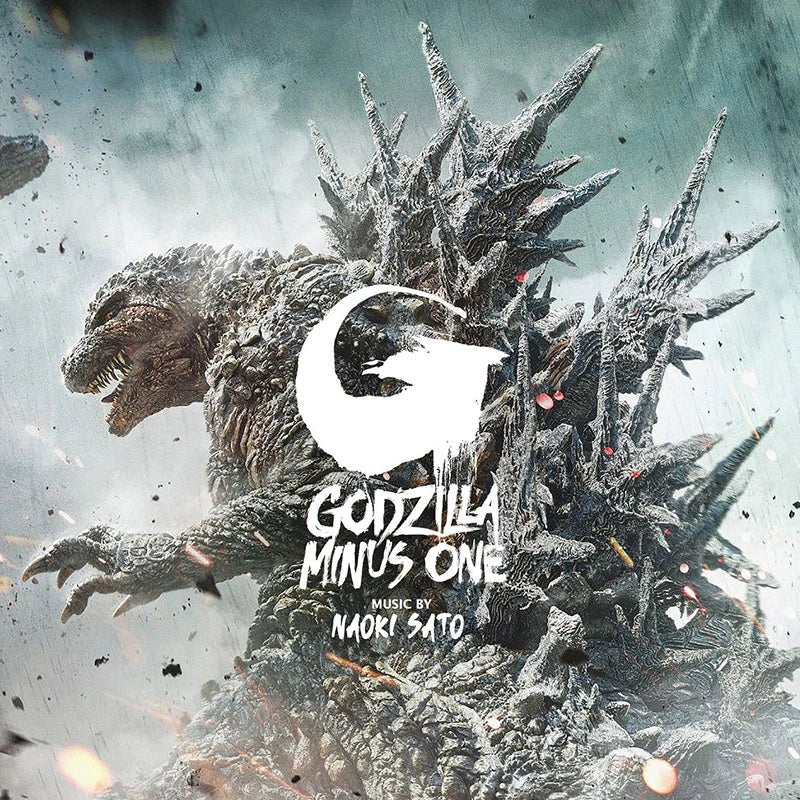 Godzilla Minus One
Godzilla Minus One 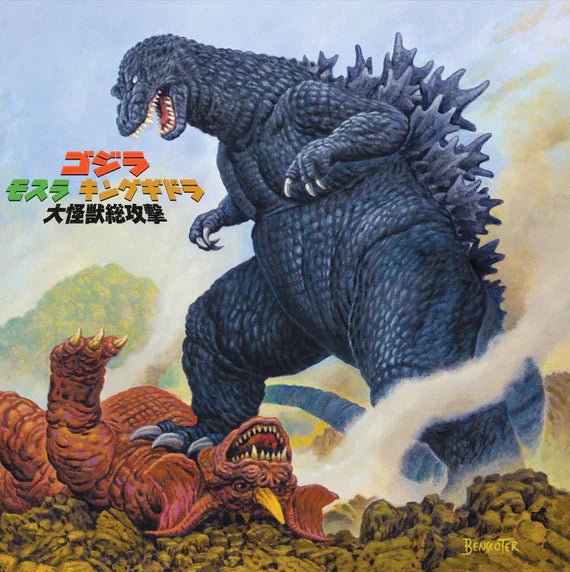 Godzilla, Mothra, King Ghidorah: Giant Monsters All-Out Attack
Godzilla, Mothra, King Ghidorah: Giant Monsters All-Out Attack 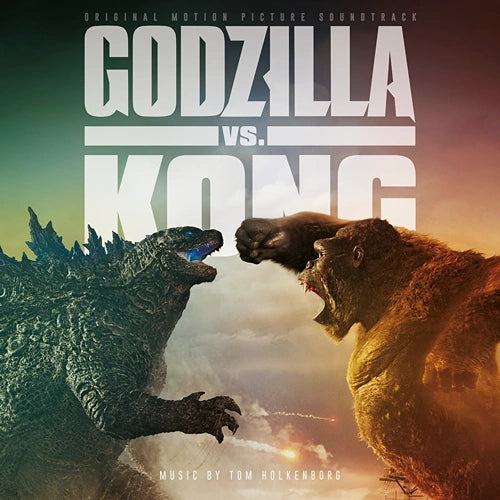 Godzilla vs. Kong
Godzilla vs. Kong 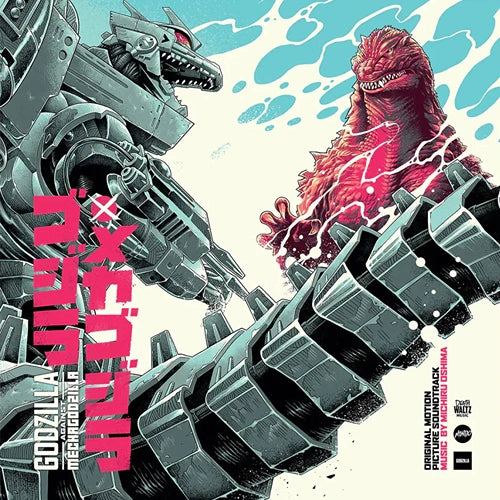 Godzilla Against Mechagodzilla
Godzilla Against Mechagodzilla 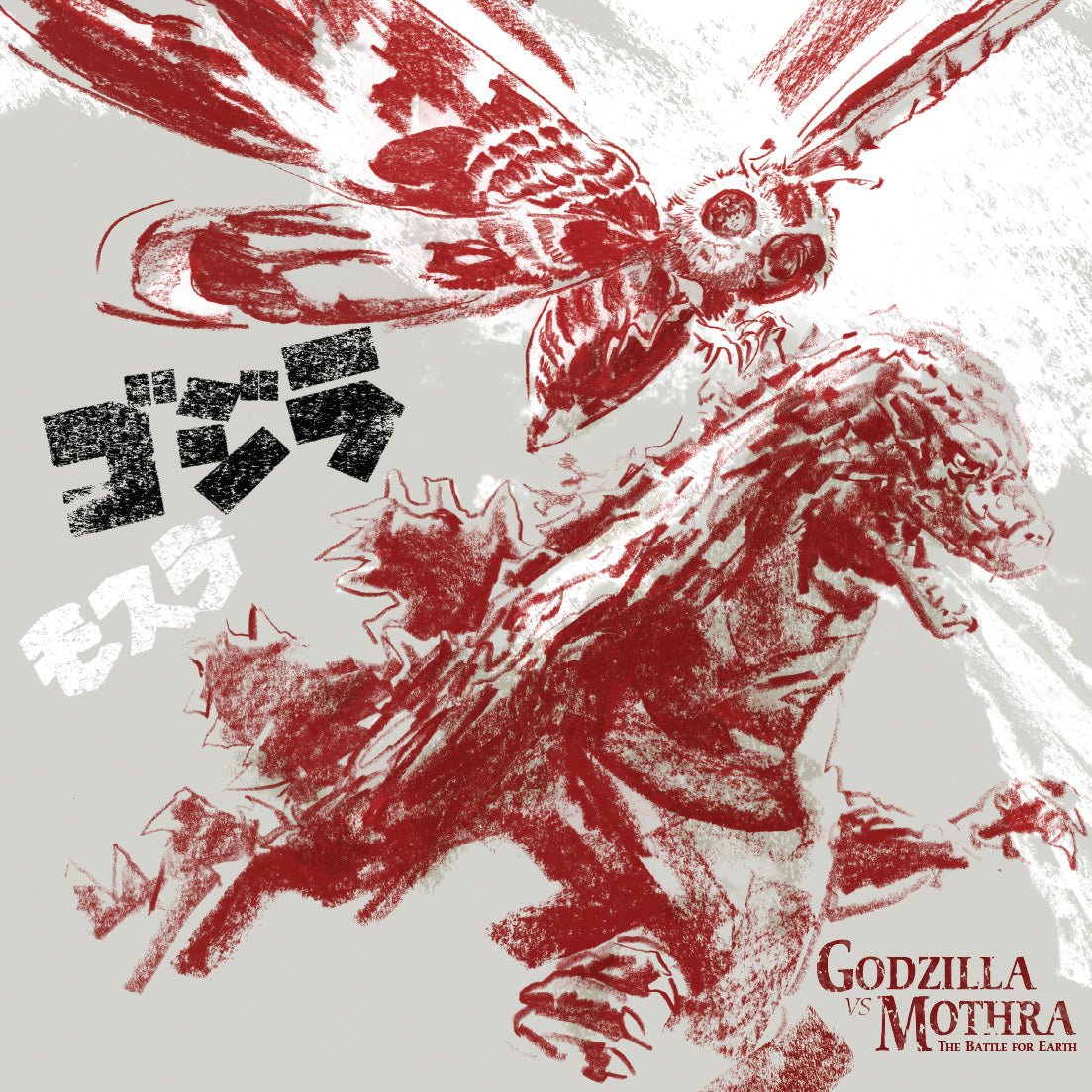 Godzilla vs. Mothra: The Battle for Earth
Godzilla vs. Mothra: The Battle for Earth 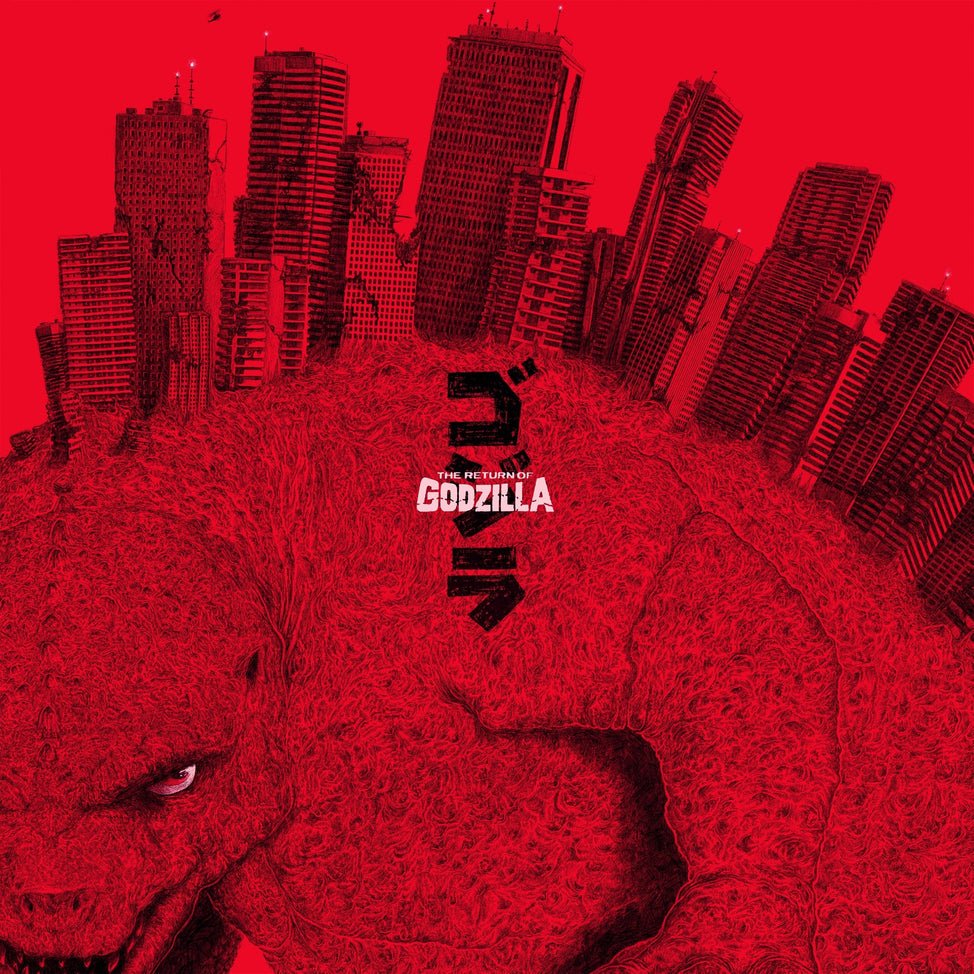 Return of Godzilla
Return of Godzilla 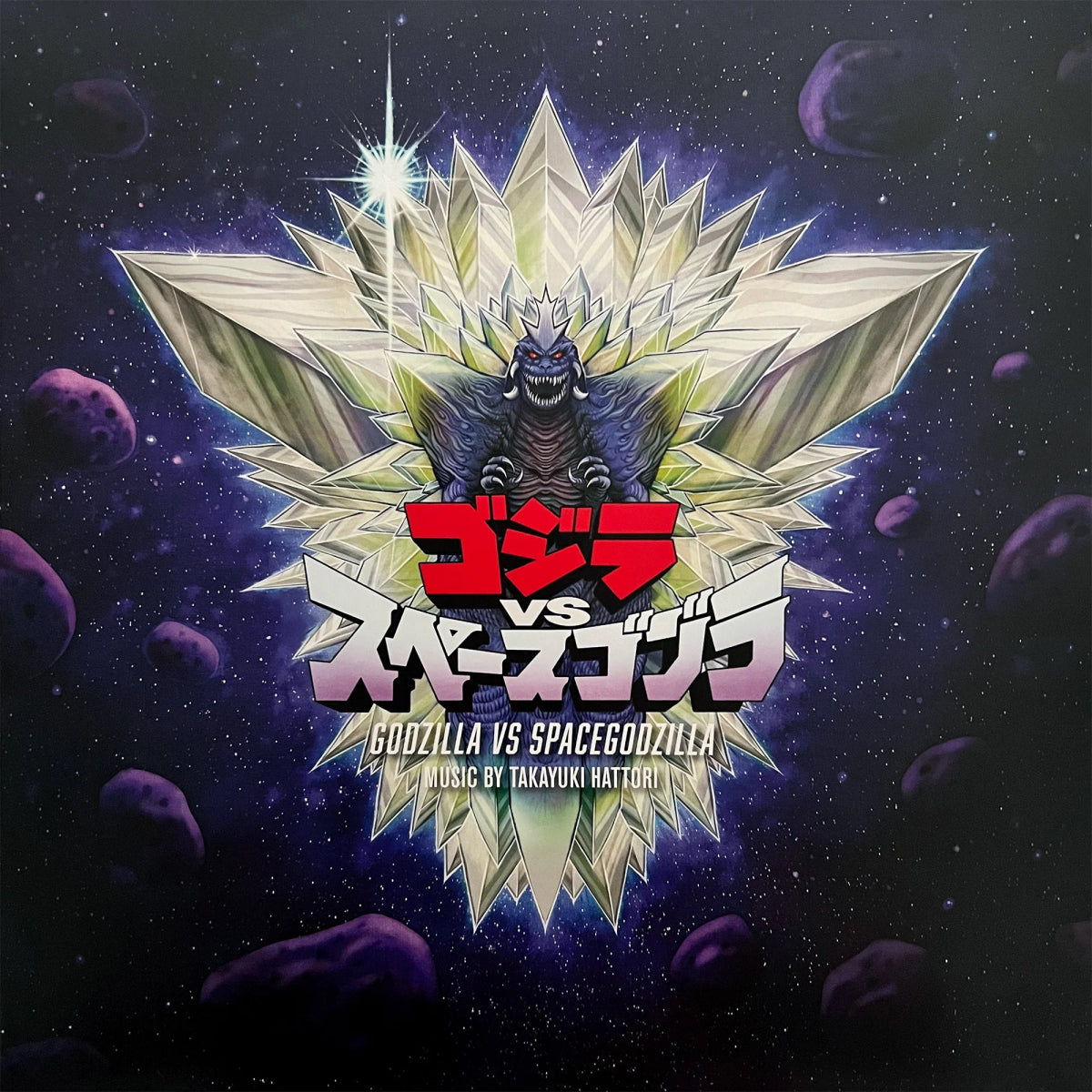 Godzilla vs. SpaceGodzilla
Godzilla vs. SpaceGodzilla 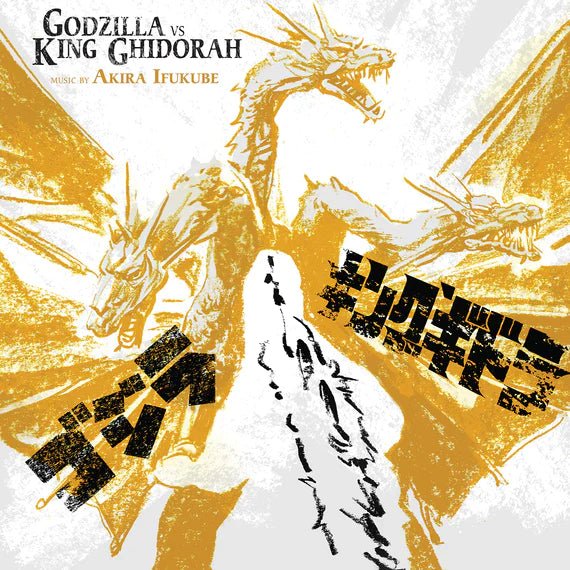 Godzilla vs. King Ghidorah
Godzilla vs. King Ghidorah 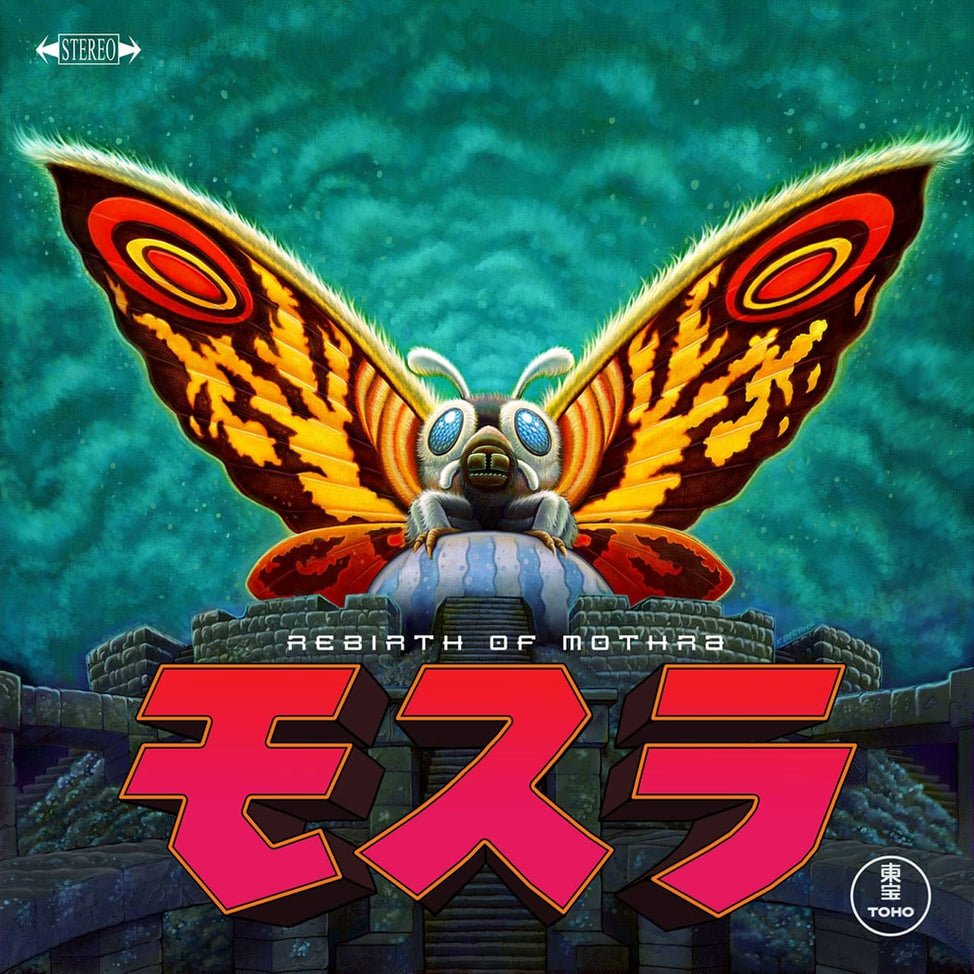 Rebirth of Mothra
Rebirth of Mothra 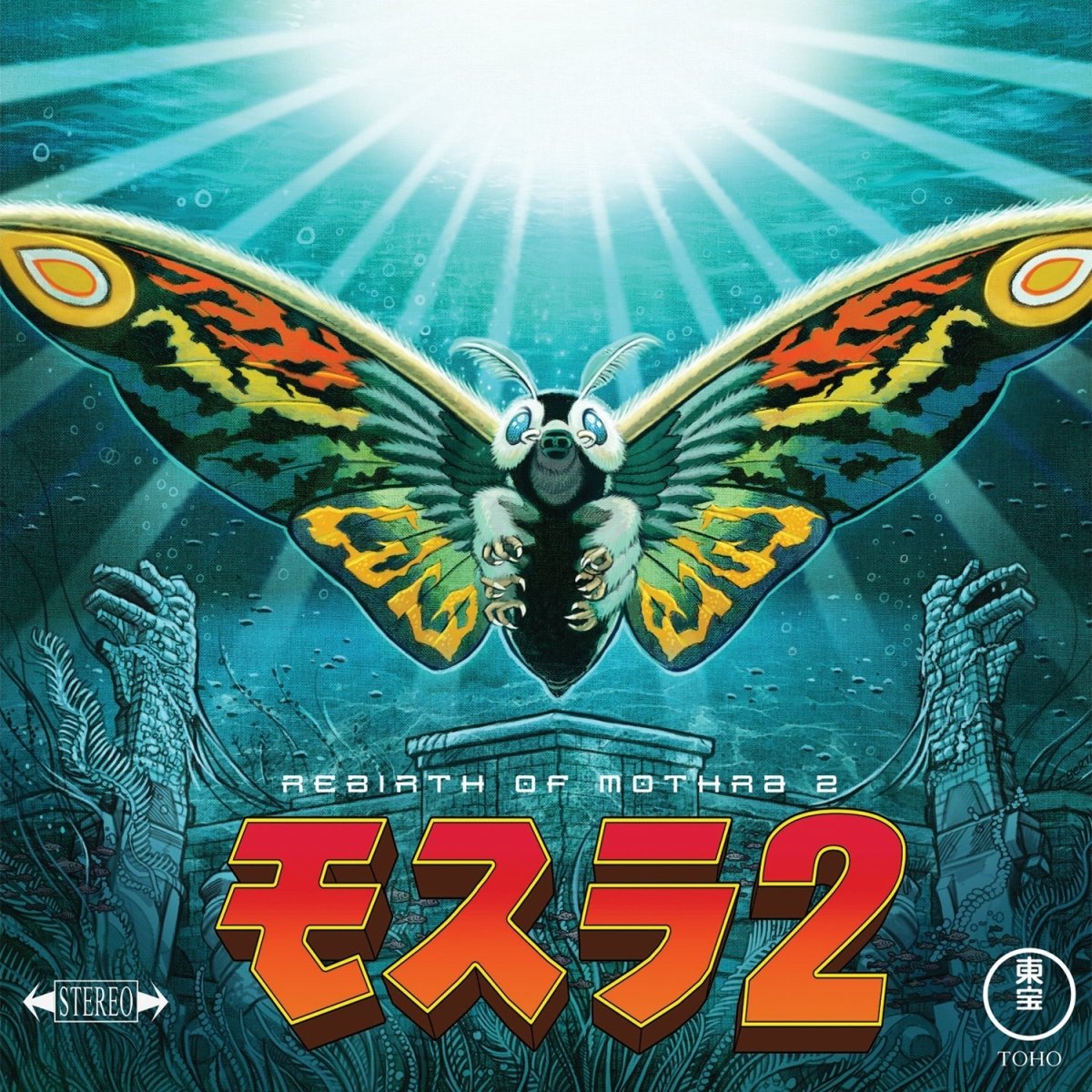 Rebirth of Mothra 2
Rebirth of Mothra 2 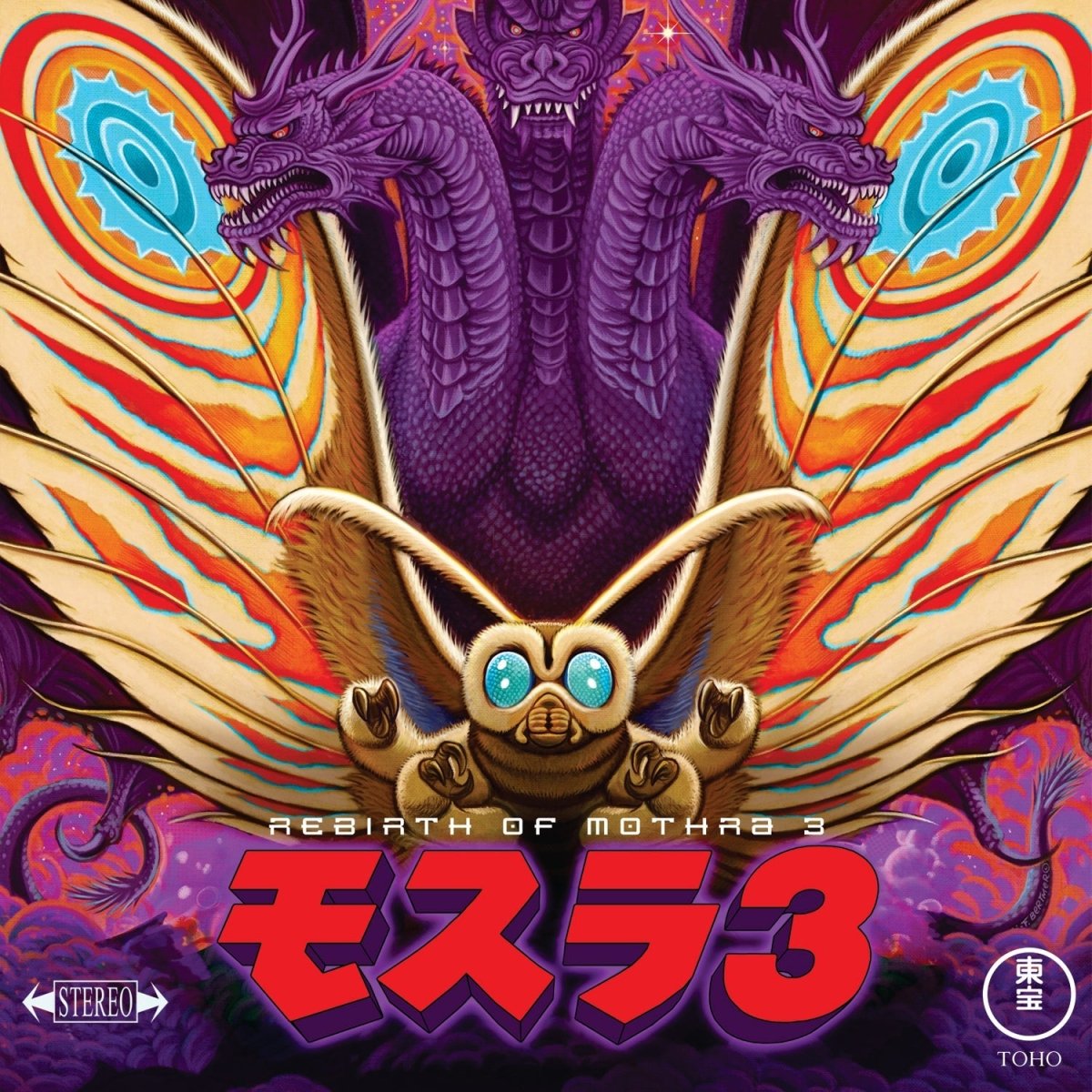 Rebirth of Mothra 3
Rebirth of Mothra 3 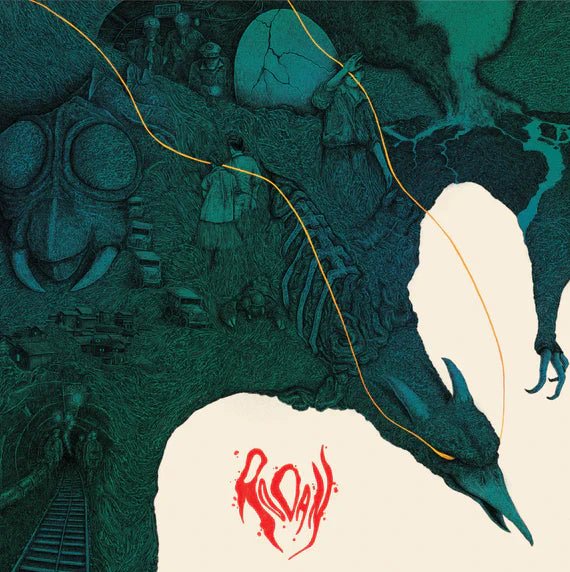 Rodan
Rodan 





